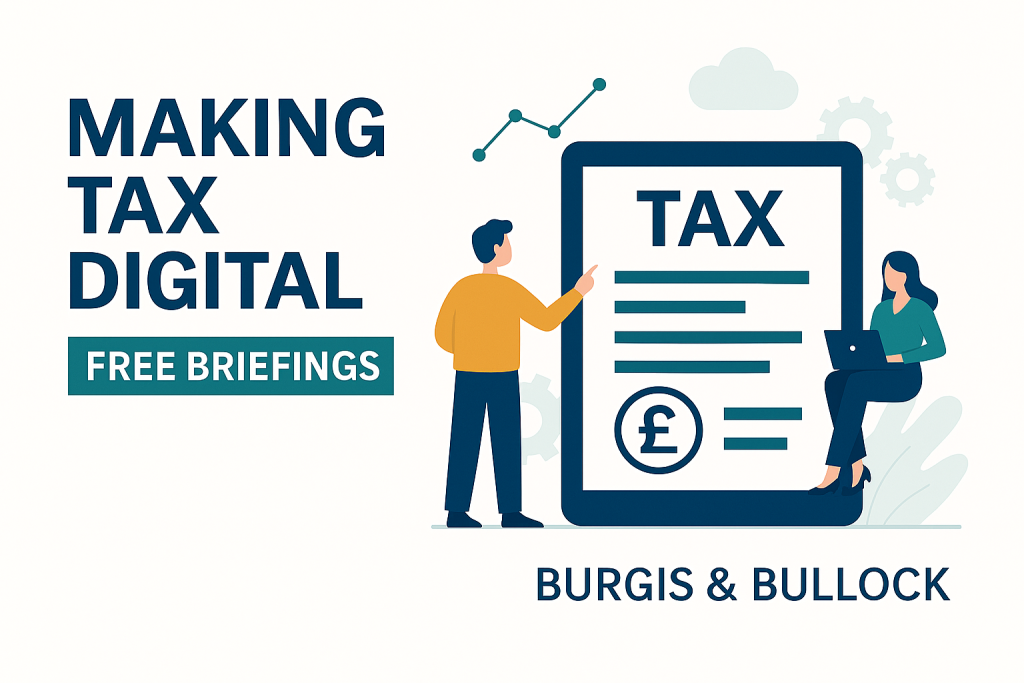At this time of year goodwill may conjure up images of mince pies, presents round the Christmas tree, and merry carol singers.

However, as we approach the financial year end for many companies the issue of goodwill has a whole different meaning for valuers and auditors.
So, what is goodwill? In the past the simple accountancy answer was that it was the difference between the price paid for a business and its separate tangible assets. The combination of buoyant M&A activity over the last 30 years and a shift from capital intensive to knowledge and service based businesses with minimum physical assets resulted in a huge increase in goodwill balances carried on company balance sheets.
In an effort to improve financial reporting and management accountability, International Accounting Standards followed by UK standards (FRS 102) changed the approach. Goodwill was reduced to being the leftover component after taking into account all other intangible assets, such as patents, know-how, contractual and non-contractual customer relationships, supply agreements, brands, trade marks etc. Directors have to separately identify and value which intangible assets had been secured through an acquisition in order to justify the overall price paid for the deal.
The approach in the courts has often been different from accountancy practice. From a legal perspective it is argued that the level of tangible net assets in a business cannot affect the goodwill so goodwill should be valued distinctly rather than as the difference between the overall business value and its net assets. Here, goodwill continues to be defined as the aggregate of all the intangible assets a business may own.
Two of the most vexed issues on this subject relate to adherent goodwill and personal goodwill. The first point mostly refers to trade related properties such as hotels, pubs, and nursing homes. In these cases, HMRC has often argued that there is no goodwill, such as brand, that is separate from the value of the property in its situation. The issue of personal goodwill often arises in professional businesses, such as doctors’ practices, where it might be difficult to argue there is a separate business apart from the individual professional.
A further goodwill complication arises with franchises, dealerships, and business that operate under licence. In each case, on a business sale care must be taken to distinguish between the consideration attributable to the disposal of the franchise, dealership, or licence rights and that for the sale of goodwill.
Goodwill and intangible asset valuations are required for a range of purposes, including M&A deals, partnership or shareholder dispute resolution, incorporation of sole traders and partnerships, and financial reporting. It is one of the more specialised parts of business valuation work and an area in which Burgis & Bullock has extensive experience.
If you would like to discuss any matters raised in this article please contact us on 0345 177 5500:
Simon Chapman
Head of Valuations
T: 01926 468705
E: simon.chapman@burgisbullock.com

 making tax digital for income tax
making tax digital for income tax